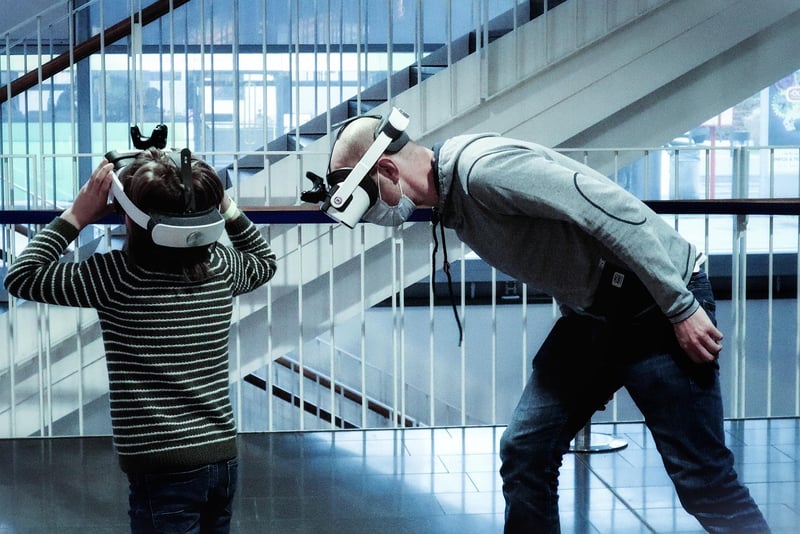Unity Development
Essential Skills for VR Designers + Unity Development
Virtual Reality (VR) is an exciting and rapidly growing field that offers immersive experiences to users. If you are looking to venture into VR design and development using Unity, there are specific skills you need to master to excel in this creative and technical domain.
1. Understanding of Virtual Reality Concepts
Before delving into VR design, you must have a solid understanding of virtual reality concepts, including spatial audio, user interaction, and 3D environments. This knowledge forms the foundation of your VR projects.
2. Proficiency in Unity Development
Unity is a popular game engine widely used for VR development. Mastering Unity's interface, scripting in C#, and creating interactive experiences are crucial skills for VR designers using this platform.
3. 3D Modeling and Animation
Creating immersive VR environments requires proficiency in 3D modeling and animation. Tools like Blender or Autodesk Maya can help you design realistic assets for your VR projects.
4. User Experience (UX) Design
Good UX design is essential for VR applications to ensure a seamless and enjoyable user experience. Understanding user interactions, ergonomics, and usability principles is key to creating engaging VR content.
5. Problem-Solving Skills
VR design often involves complex challenges that require problem-solving skills. Being able to troubleshoot technical issues and optimize performance is crucial for delivering high-quality VR experiences.
6. Collaboration and Communication
Working in VR development teams requires effective collaboration and communication skills. Being able to articulate ideas, provide feedback, and work together towards a common goal is essential for successful VR projects.
7. Continuous Learning and Adaptability
The field of VR is constantly evolving, with new technologies and trends emerging regularly. Staying updated with the latest developments and being adaptable to change is essential for VR designers to remain competitive.
By honing these essential skills, VR designers can create immersive and engaging experiences for users, pushing the boundaries of virtual reality technology.
 Learn more about Unity Development
Learn more about Unity Development
